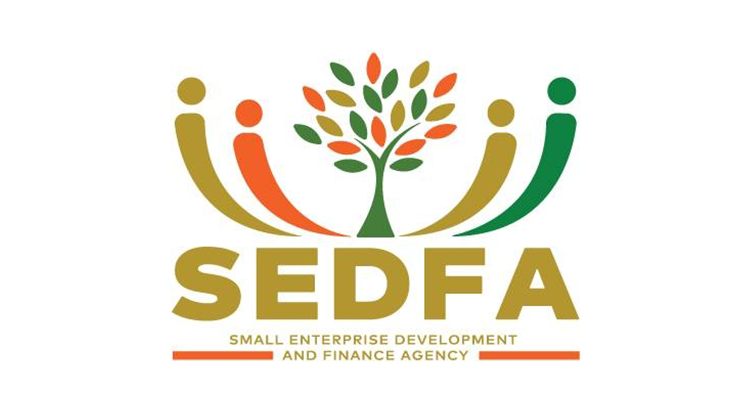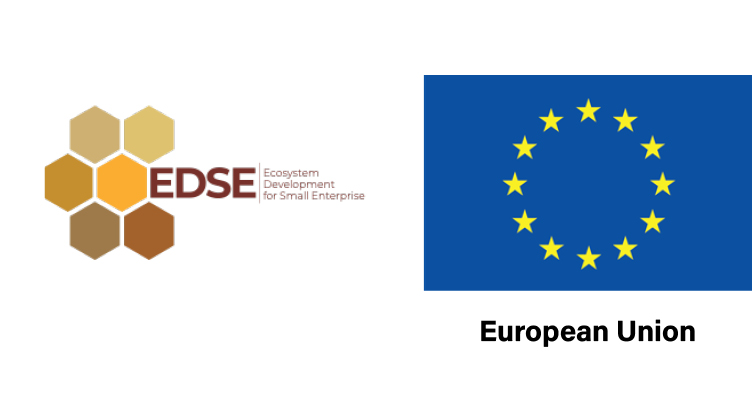
24 March 2022
Deputy Minister S’dumo Dlamini’s speaking notes for the debate on the relevance and success of the Broad-Based Black Economic Empowerment (BBBEE) Legislation- to be held at the National Council of Provinces.
Introduction
Firstly, it is important that we must remind ourselves that Broad-Based Black Empowerment legislation was born out of the commitment to address the historical injustices in our country. The revised BEE codes were introduced in 2015 after an evaluation of the impact in which it was concluded that the majority was still being sidelined by the then BEE legislation interventions.
Secondly, the Broad-Based Black Economic Legislation mirrored the intentional and decisive state intervention policies implemented by the colonial and apartheid government which were aimed to reaffirm the white Afrikaners and white British over the black and African majority.
Thirdly, the colonial and apartheid state legislation were always intentional and decisive to support Afrikaners and so must be the legislation of a democratic government. Our legislation must continue to target the historically disadvantaged individuals, the majority of whom happened to be black and African.
We cannot ignore history. For example, among the measures, the apartheid government took to discourage the growth of African business in the urban areas included that, the plot on which an African could set up business was limited to an area scarcely bigger than that of a matchbox township house; the businessman was not allowed to own more than one business nor was he allowed to form partnerships or companies. If a businessman wished to expand his business activities, he was given the option of doing so in the Bantustans.
The democratic government must learn from this history and ensure that it remains duty-bound to affirm the historically disadvantaged people of our country i.e. Black people (Africans, Coloured and Indian people), women, youth, rural communities and persons living with disabilities.
The relevance of BBBEE Legislation
The BBBEE Legislation remains relevant, particularly for small businesses given the fact that most of them are blacks, Africans in particular which include women. They are registered as either SMMEs or Cooperatives. In terms of the BBBEE, these are classified either as Exempted Micro Enterprise (EME) with an annual turnover of R10 million or less OR Qualifying Small Enterprise (QSE) with an annual turnover of between R 10 million and 50 million. The application of B-BBEE is guided by 11 relevant Sector Codes of Good Practice which amongst others determine qualification criteria for the issuing of licences, concessions, or other authorisations in respect of economic activity in terms of any law, development and implementation preferential procurement policy, determine qualification criterion for the sale of state-owned enterprises, determine criteria for the awarding of incentives, grants, and investment schemes in support of B-BBEE etc.
What is the Department of Small Business’ role in promoting the BBBEE legislation?
a) The revised BBBEE Codes of Good Practice came into effect on 1 May 2015 and is meant to re-orientate the framework and re-position BBBEE as a catalyst for economic growth and development, and to set the record straight regarding the myth that BBBEE is counterproductive and does not assist in growing the economy.
b) The Enterprise and Supplier Development Element is one of the priority elements in which measured entities are required to meet 40% of the targets on enterprise development, supplier development and preferential procurement. Failure to achieve the 40% of any of the categories will result in the overall achieved B-BBEE status level being discounted.
c) The new trajectory of the B-BBEE Codes is to encourage and cultivate the following in the SA Economy:
- Change SA's business culture to be supportive of entrepreneurship and diversification of value chains.
- A concerted effort in linking B-BBEE with other government economic development strategies such as Industrial Policy, Competitive Supplier Development Programme, New Growth Path, etc. (the real economy).
- Empowerment efforts should result in the promotion of a culture of venturing into new territories, operational excellence and risk-taking.
- Focus on businesses and industries that result in significant job creation and addressing socio-economic challenges; and
- Symbiotic relationship between the public and the private sector and amongst private sector players, and large and small enterprises to unlock opportunities for smaller enterprises and cooperatives.
Way Forward
The DSBD will Explore the following:
a) A mutually beneficial relationship with the private sector for supplier development opportunities for SMMEs.
b) DSBD and its agencies (Seda and sefa) to provide financial and non-financial support to participating small businesses through a variety of programmes, e.g. Small Enterprise Manufacturing Support Programme, Technology Transfer Facility, asset finance, bridging loan, term loan, etc.
c) DSBD and its agencies have a pipeline of small businesses that are ready to provide products and services to markets in various sectors of the economy, e.g. manufacturing, ICT, agriculture, etc.
d) Potential partners be prepared to provide financial and non-financial (especially the quality and standards training) support to participating small businesses, as per B-BBEE Codes of Good Practice.
e) Focus on supplier development opportunities to be of assistance with scale, growth, and sustainability.
Conclusion
In conclusion, the BBBEE Legislation remains the main government legislation informed by the Constitution whose aim is to advance the economic transformation, enhance the participation of historically disadvantaged individuals (HDIs) i.e. Black people (Africans, Coloured and Indian people), women, youth, rural communities and persons with disabilities.




